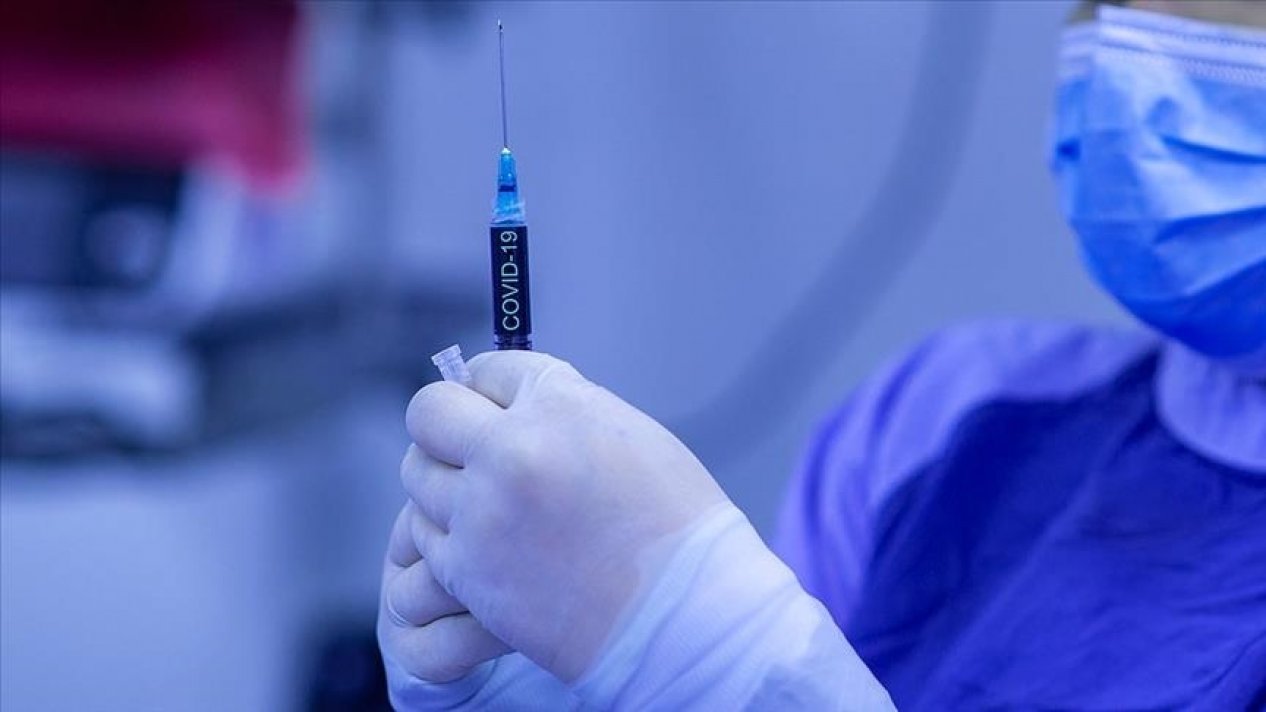
World practice shows that the use of a different vaccine when administering the third dose helps to strengthen the immune system. Therefore it is recommended to use a different vaccine for the third dose, said Rashad Mahmudov, Deputy Chairman of the Healthcare Committee of the Parliament of Azerbaijan, Doctor of Philosophy in Medicine.
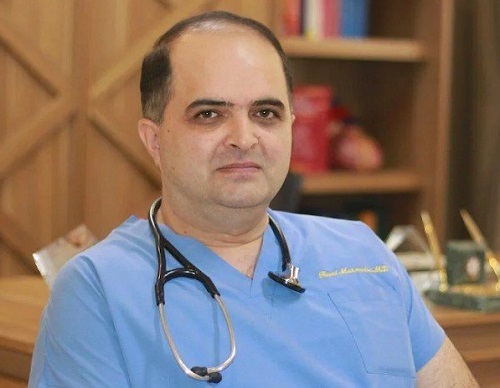
In Azerbaijan, fully vaccinated people will receive the third dose of the vaccine in six months, reads a joint statement of the Ministry of Healthcare, the State Agency for Compulsory Health Insurance and the Management Union of Medical Territorial Units (TABIB).
As it turns out, in world practice, there are very different opinions on this matter, and not only regarding the use of a different vaccine as a third dose, but also about the benefits of it.
For example, there are active discussions in the United States about allowing fully vaccinated people to receive an additional dose of coronavirus vaccine.
The fact is that recently, American vaccine manufacturers - Pfizer and BioNTech companies expect to provide US and EU regulators with data on the enhanced dose of their vaccine against COVID-19 in the coming weeks, justifying this, in particular, by the fact that the virus is mutating and new variants are possibly less susceptible to exposure of existing vaccines.
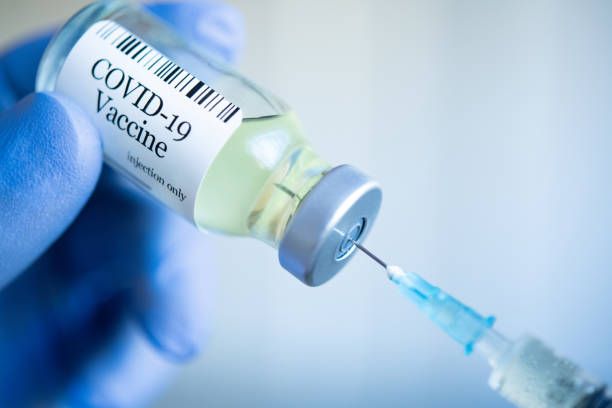
Reuters quoted a joint statement from the two pharmaceutical companies:
“We have received encouraging information about an ongoing trial of a booster (third) dose of the current BNT162b2 vaccine... We plan to submit this data to the US Food and Drug Administration (FDA) and the European Medicines Agency (EMA) in the coming weeks."
Meanwhile, regulators of the US health care system are still skeptical about the idea of using an additional dose. In their opinion, fully vaccinated Americans do not yet need a third dose of the vaccine.
“We are prepared for booster doses if and when the science demonstrates that they are needed”, the U.S. Food and Drug Administration (FDA) and the Centers for Disease Control and Prevention (CDC) said in a joint statement.
Meanwhile, The Washington Post, citing recent research from Johns Hopkins University, reports that patients who take drugs that suppress the immune system are less likely to develop antibodies after a standard dose of the vaccine. They may need an additional, third injection. This applies, for example, to people who have undergone transplantation of internal organs (they take immunosuppressants for life), as well as patients with certain autoimmune and oncological diseases. These studies showed that only 17% of organ transplant recipients confirmed the presence of antibodies to COVID after the first dose of the mRNA vaccine, while 54% developed them after the second dose. For comparison, among healthy adults, according to clinical studies, antibodies were formed in 100% of those vaccinated, the newspaper writes.
The feasibility of using a third dose of vaccines, originally created in a double-shot version, is supported by a number of cases in the United States and other countries, when this method has been tested in people with a weakened immune response to the coronavirus.
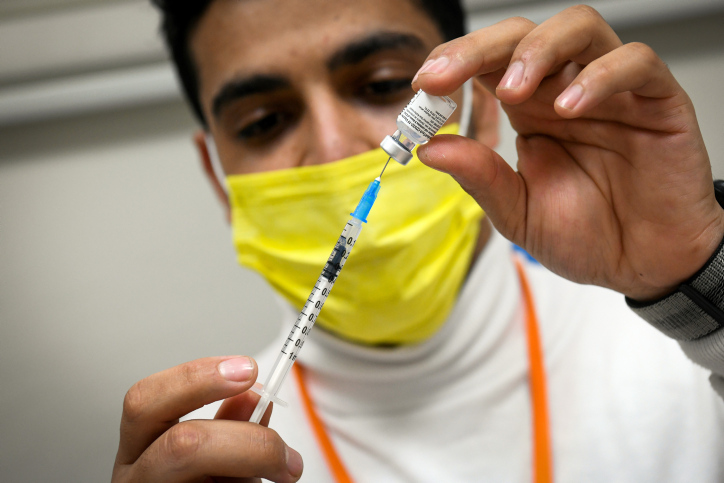
The process of applying the third dose of the vaccine has already started in Israel. Recently, in an interview with the Israeli TV channel “Kan”, the country’s Minister of Health Nitzan Horowitz said that “people with weak immunity will be able to receive the third dose of the Pfizer/BioNTech vaccine. The Israeli Ministry of Health is also considering allowing the entire population to be vaccinated with a third dose.
Israel was one of the first countries in the world to almost completely lift coronavirus restrictions. But after the spread of a dangerous strain “Delta”, the country again partially returned them.
Since April, healthcare workers in France have been administering the third dose of a two-dose vaccine to people with certain immune disorders. A group of French researchers recently reported that the number of antibodies in people with transplanted organs increased to 68 percent four weeks after the third dose, from 40 percent after the second dose.

Another study at Johns Hopkins University in the US showed similar results in 30 organ transplant recipients who received third doses on their own.
Also in Russia, it was reported about studies on the possible use of the third dose of the EpiVacCorona vaccine among some categories of citizens – in particular, in the elderly, who are characterized by a weak immune response with the standard vaccination scheme, as well as in patients with certain chronic diseases. In the opinion of some Russian doctors, in the case when the usual scheme does not work, an additional dose of the same or a different vaccine may be useful.
In turn, Azerbaijan issued permission to conduct a study of a combination of vaccines against COVID-19 – the Russian Sputnik V and the British AstraZeneca – they will begin by the end of February, the research program will last six months in several countries, the Russian Direct Investment Fund said.
As for the idea of using a different vaccine, in addition, after the completion of immunization according to the standard scheme, its absolute reliability has not yet been confirmed.
So, experts from the World Health Organization (WHO) recommend to be vaccinated against coronavirus with two doses of the same type of vaccine, since the consequences of using different vaccines have not yet been studied, head of the WHO Department of Immunization, Vaccines and Biologicals Kate O’Brien said at an online briefing June 30.
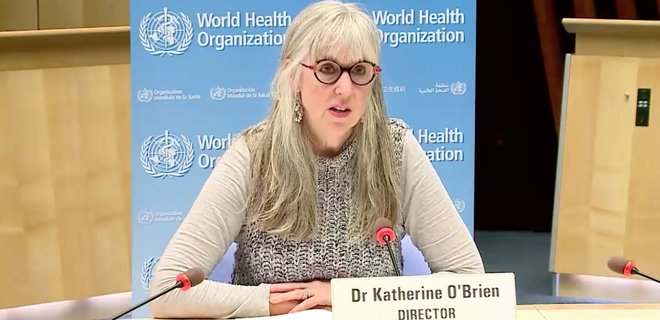
She noted that to date, a permissive recommendation is available only for the combination of doses of vaccines from the American company Pfizer and the British-Swedish company AstraZeneca.
“With the exception of this case, we do not yet have data on whether the immune response will continue with the mixed vaccination and whether it will be safe,” O’Brien said.
In addition, scientists from the Saar University in Germany found that people who received the first shot of AstraZeneca vaccine and the second of BioNTech/Pfizer had a much higher immune response than patients who received the same vaccine twice.
Similar conclusions were made in the course of the CombivacS study conducted at the Carlos III Health Institute in Madrid. The study involved 663 people, its results are published in the scientific journal Nature. They, just like those of their German colleagues, are not yet final.
British researchers from the University of Oxford concluded that using two different vaccines for the first and second vaccinations provides reliable protection against Covid-19.

During the experiments, the volunteers were inoculated with two different vaccines at intervals of four weeks, and as a result, it turned out that the combination of AstraZeneca and Pfizer vaccines was more effective in producing antibodies than two shots of AstraZeneca.
Scientists themselves admit that they can only guess about the mechanism for enhancing the immune response when immunized with different types of vaccines.
Moreover, the researchers emphasize that the final results of the introduction of such a method can be influenced by a number of factors, such as the age, gender and health of the recipients, as well as possible variations in the effect on immunity of different combinations of specific types of vaccines.
Meanwhile, in Canada, it is recommended to combine vaccines against coronavirus: after the first dose of Oxford-AstraZeneca, inject either Pfizer-BioNTech or Moderna, CBC reports with reference to the National Advisory Committee on Immunization of Canada (NACI).
So, we are convinced that the benefits of using additional doses of vaccines over standard regimens, as well as changing the type of vaccine in such cases, have not been completely confirmed by scientists. That is, the statement of the Azerbaijani deputy is reasonable, but it would be wrong to accept it as the ultimate truth in relation to the entire population.




















